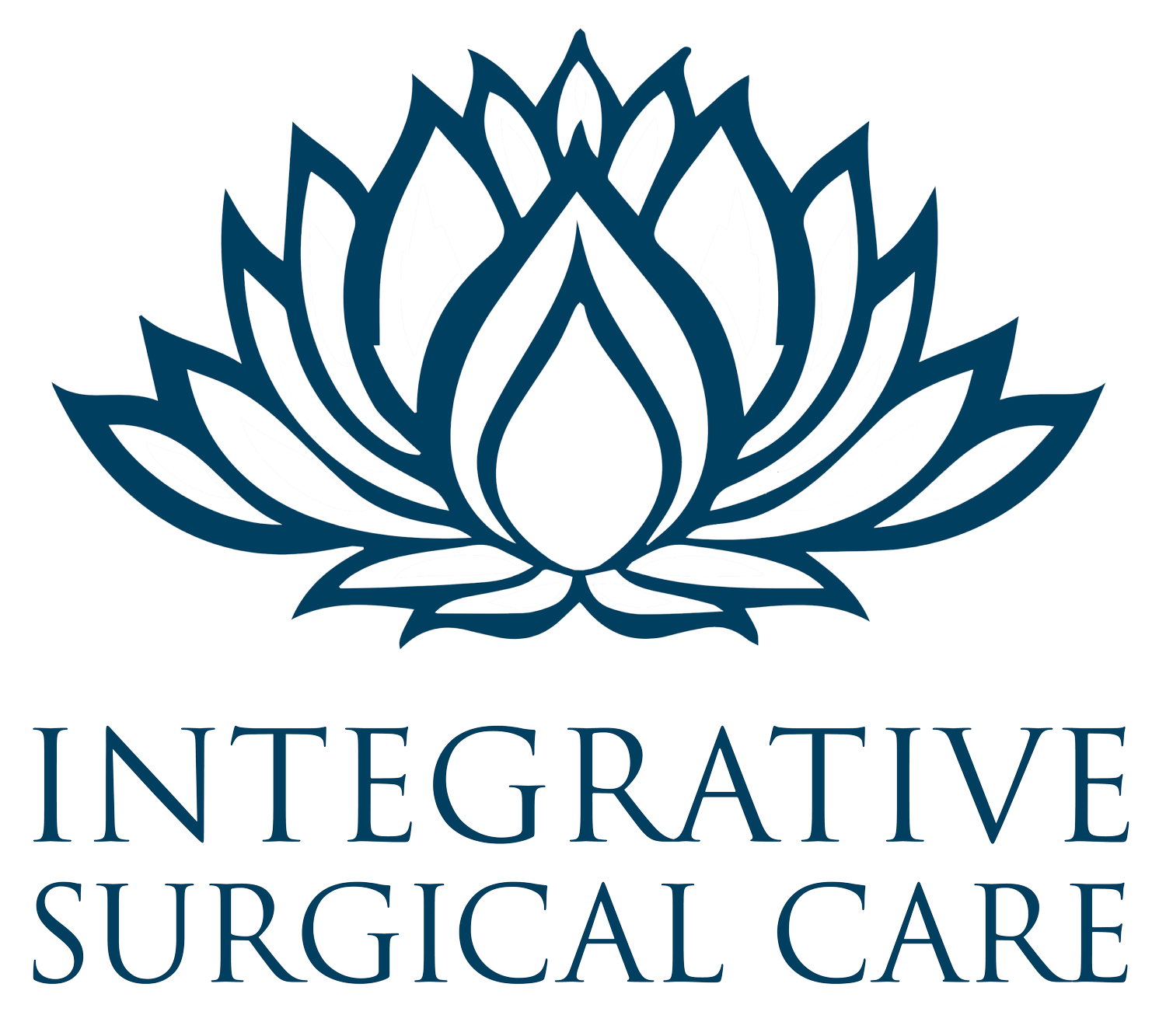The Surgery Sleep Struggle- Why Sleeping Well Before and After Surgery will Speed Recovery
The Sleep Struggle
Up to 70% of Americans struggle with sleep once a week. 1/3 struggle on a nightly basis. This is a lot, but I would say that closer to 100% of my surgical patients have trouble sleeping at some point they are under my care. Either their pre-operative condition interrupts their sleep, or the pain and recovery from the trauma of surgery is enough to disturb their sleep, or there are long term effects from the operations that I as a surgeon can’t do much about that are affecting my patient’s sleep.
Sleep is SO IMPORTANT! Why do we ignore it? When I was a surgical resident, it was a badge of honor to be working for 30+ hours. When my parents were medical residents, they worked 36-hour shifts! While it is important for me and other surgeons to know how to function at a high level in the operating room on very little sleep, the same is not true for our patients who need to be focused on healing! And despite this being super obvious, we don’t help our patients gain control of this ever-important, life-improving, recovery-improving, pain-improving facet of our day.
Surgery Makes the Sleep WORSE and Bad Sleep Makes Recovery WORSE
I’ve never met anyone who had surgery and slept well after it. Surgery, and the anesthesia to have the surgery, impact the quality of sleep, the sleep cycles, duration of sleep, duration of restful sleep, and the number of times a patient awakens at night. It is the quality and duration of restful sleep that we need to recover from surgery. Surgery hurts us where we need it the most! Less sleep leads to higher sensitivity to pain, which in turn leads to less sleep. More pain leads to more use of prescription pain medicine. Opioids, in turn, decrease the amount of restful healing sleep cycles. Poor sleep leads to longer recovery times.
Sleep Solutions!
What can we do about it? Well, first we can acknowledge the impact of surgery on sleep and then sleep on recovery, and the importance of working to improve it. Second, we can take practical measures in our environment to help us sleep better. Minimize screen time before bed, meditate, self-hypnosis, aroma therapy, or try a sleep routine. I understand that some people use television as back ground noise when sleeping at home, so then we need to find another way to help that person sleep. Third, we can use vitamins and supplements to augment good sleep. In the preoperative setting, using melatonin prior to surgery decreases pre-operative anxiety and perceived pain. After surgery and in hospitalized patients, naturally occurring melatonin levels in the blood DECREASE, and thus taking melatonin after surgery or while in the hospital can give the body a boost where it is lacking and help with restful sleep duration. Research has shown that simple items such as ear plugs and eye masks augment restful sleep.
The answer likely won’t be straightforward, and it is important to make sure that your body is optimized for sleep. Checking hormone balance, inflammatory markers, and microbiome are all parts of the larger equation.
Okay, now let’s INTEGRATE eastern and western medicine.
Acupuncture has been used in China for insomnia, and meta-analysis of research showed that acupuncture plus insomnia medicines are more effective than medicine alone.
Yoga has also been shown to help with insomnia.
Guided sleep meditations help engage the vagus nerve and help with sleep.
If there is pain or discomfort making it difficult to sleep, we can consider the above for treatment of pain, plus adding in
physical therapy for strengthening and mobility,
chiropractics for alignment, and
decreasing use of narcotic pain medication.
If a person has baseline stress that is affecting their sleep, then the stress of surgery will compound this.
Melatonin helps with sleep AND is also shown to decrease stress in surgical patients, as does acupuncture and acupressure and breathing techniques.
If our military elite use breathing techniques to handle their stress, then we should all consider it when struggling.
Recent research shows that dietary deficiencies of several common vitamins and minerals negatively affect sleep hormones.
And finally, there is increasing evidence that the gut-brain axis and diversity of the microbiome affects sleep quality and duration. Many surgical patients have been on antibiotics or had gut dysfunction, and could have sleep benefits from replenishing the gut microbiome.
Probiotics
Check out the Set for Surgery Care Package that has quality liquid melatonin, probiotics, gel packs for icing, and other helpful items caring for your whole self. You’ll sleep better!
